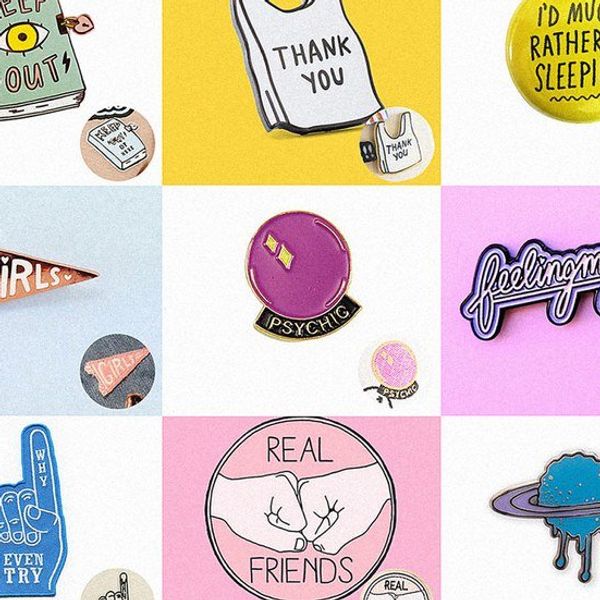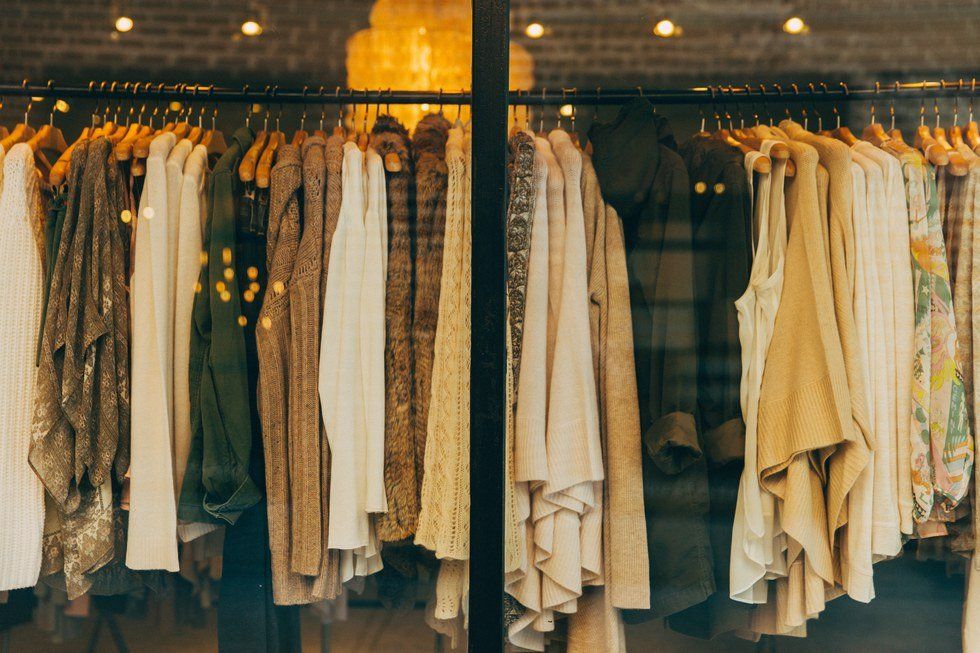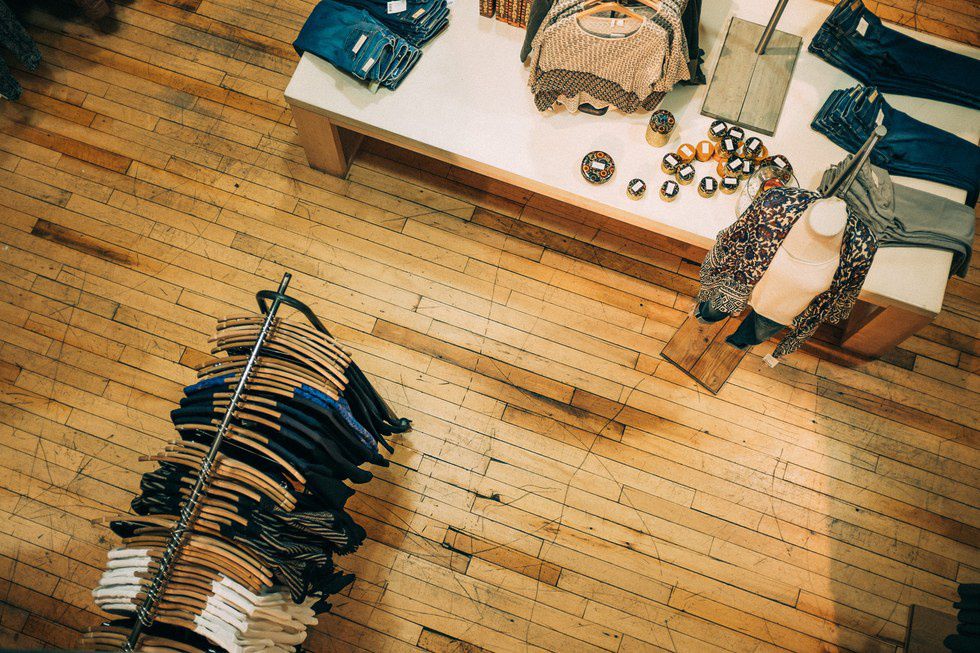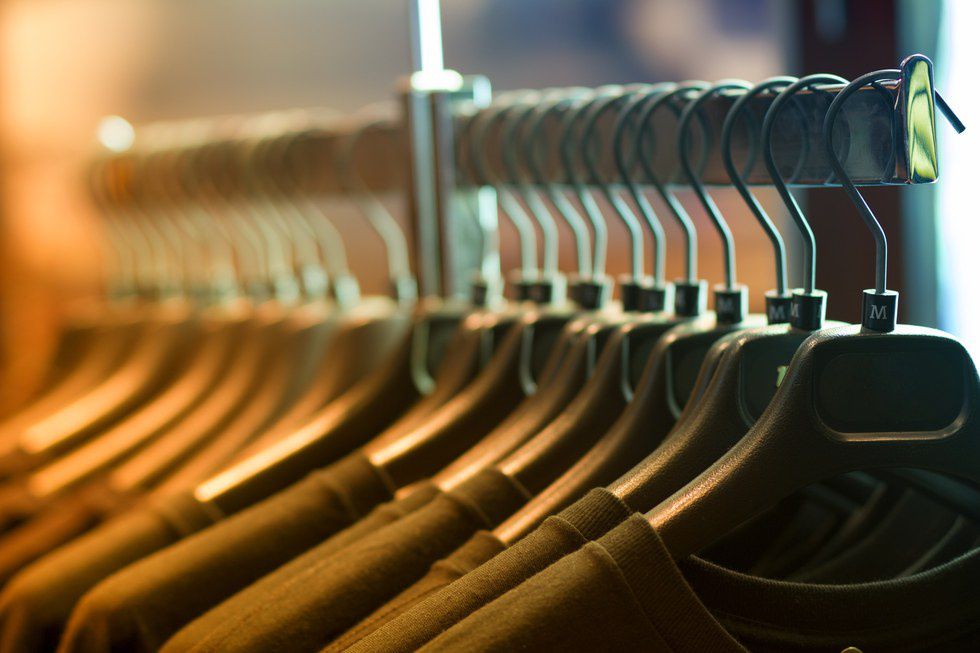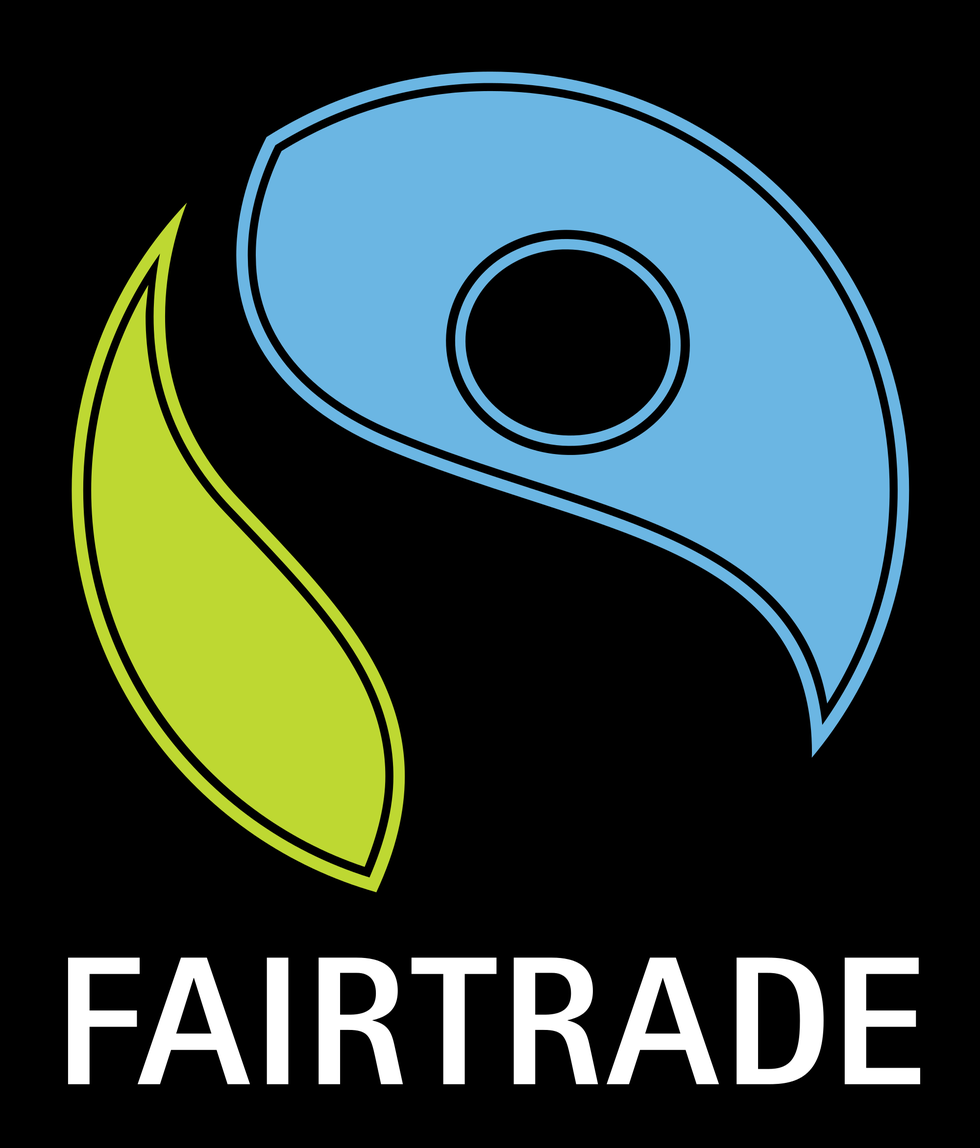Open up your closet, what do you see? Big department store labels, a few hole-in-the-wall shop articles and if you’re a college student, maybe a thrift store shirt or two.
When people look in their closets, that’s all they see. They see the pieces of clothes that have wrapped their back for days and weeks, but how often do you see beneath the label?
As the wave of Fair Trade begins to wash over this nation, individuals are becoming more cautious about not only the food brands they purchase, but the clothing brands as well.
What defines a product as Fair Trade?
From Fair Trade USA, they note that, “Fair Trade Certified™ products were made with respect to people and planet.” The aim of this movement is to create a conscious consumer across the board, one that cares where their purchases are coming from and where their money is being used.
As of late, conversation has swirled around the ethics of general stores and food production companies, but when will people start to pay attention to the clothes on their own bodies?
This is a call to the nation to learn and understand what goes into the clothing that you buy. By participating in a Fair Trade market, consumers are able to have trust in their products. These goods are not only limited to packaged foods and coffee, this idea spreads to clothing as well.
Fair Trade USA says that, “With the ability to benefit cotton farmers and the workers who manufacture the products, the Apparel and Home Goods program offers an unprecedented opportunity to positively impact lives, improve communities, and protect the environment.”
By certifying companies that help the clothing industry survive, this allows said companies to compete in a larger marketplace that could not only spread to their entire nation, but across the world.
What are some Fair Trade certified companies that have spread to the larger market?
This clothing company, based out of Australia, strives to eliminate the “fast fashion” stigma by creating their clothes with natural fabrics and through an ethical process. Shift to Nature is known for their sustainable and ethical fabrication of articles while also striving to utilize eco-friendly materials. They produce clothing products for men, women, children and also, athletic gear.
Tonlé is a Fair Trade certified company that is based out of Cambodia. They make lightweight dresses and tops for women and emphasize a zero-waste way of manufacturing. What zero-waste aims to accomplish is not only using 100% of the fabric that they have been given, but to also create garments from remnant materials. What this means for the company is that their fashion lines show off creative patterns while also leaving absolutely nothing behind. If they find that even the smallest piece of fabric is not used, the “smallest scraps are mixed in with recycled office paper and sticky rice to make [their] hang tags,” or “the remaining strips are cut even smaller and individually hand sewn into ‘yarn’ to be woven into tonlé clothing and accessories.”
This clothing company is based out of the United States and aims to make clothing that is ethically produced by using organic cotton and natural dyes. This company is in the constant mindset of rethinking production and how it can be more sustainable, as well as how to get companies into a larger global market. They strive to highlight environmental and social awareness through their clothing pieces while maintaining the Fair Trade certification. Industry of All Nations, “is creating a more competitive market place, allowing any small, medium, or large high quality producers to have access to a broader stage, inviting them to the playing field and letting people choose, opening up more options for consumers and more opportunities for producers.”
There are plenty of incredible companies to highlight from all over the world, but how do people react to such a movement?
Many people have welcomed the charge with open arms, ready to engage in an ethical and sustainable market. Others, however, have taken a step back from the surge and actively criticize the cash value of a piece of Fair Trade clothing.
One thing that people don’t notice are the hidden costs behind every cheap piece of clothing. Relevant Magazine states that, “it is true that if a worker receives a fair wage (and better working conditions), the cost of an item will be more.” What this notion challenges consumers to question is whether or not they are willing to spend the extra money on clothes that are ethically made.
Another alternative to acquiring clothing but not paying what sometimes can be a hefty price for a Fair Trade piece is shopping second-hand. By purchasing clothes at thrift stores and garage sales, you, the consumer, will not be engaging in the “conventional” system. If your ten dollars are not spent at a store that is not Fair Trade certified, the money can go towards a purchase that will not inhibit the environment or hidden industry of forced labor.
Although these are large concepts to not only just talk about, but to integrate into your daily life, understand that there are more out there than you may be aware of.
Before you go out to buy that brand new dress or those slacks for an interview, be sure to research the company that you’re thinking about giving your money to. The more educated on this topic you are, the smarter of a consumer you become.

